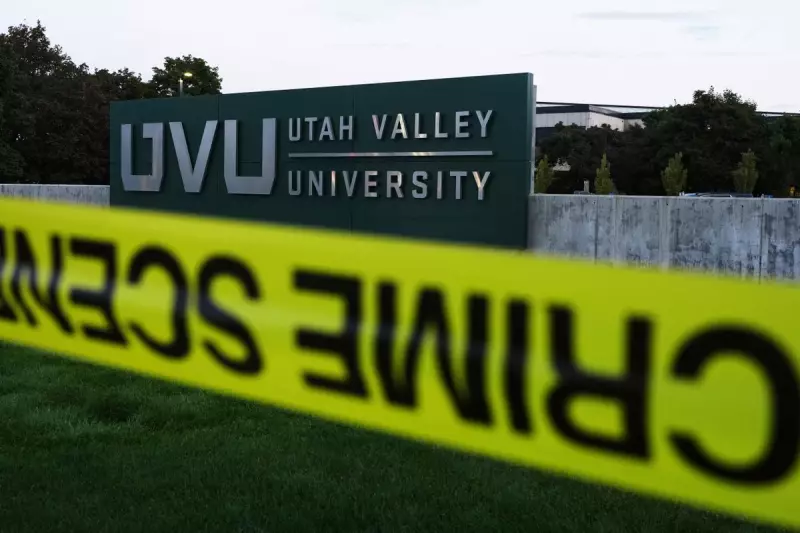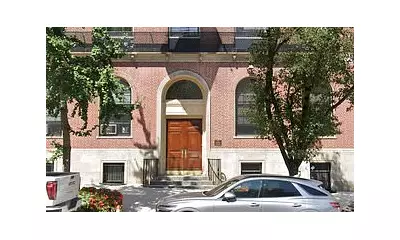
In a significant move that aligns with a growing conservative pushback against Diversity, Equity, and Inclusion (DEI) initiatives, the US state of Utah has formally prohibited public universities from requiring diversity statements from job applicants.
The new law, which came into effect on 1st May, represents a major victory for right-wing activist Charlie Kirk and his organisation, Turning Point USA. Kirk has long argued that such statements act as an "ideological litmus test" that discriminates against conservative academics and stifles intellectual diversity on campus.
A Contentious National Debate
This decision places Utah at the forefront of a heated national debate about the role of DEI in American higher education. Supporters of DEI initiatives contend they are essential for rectifying historical inequalities and creating more inclusive environments for students and staff from underrepresented backgrounds.
However, critics, like Governor Spencer Cox, assert that the focus should shift from "statements" to "actual diversity and supporting people from all backgrounds." Governor Cox endorsed the ban, suggesting that mandatory declarations have become counterproductive.
What the Ban Means for Universities
The legislation specifically forbids state-funded higher education institutions from using any "diversity, equity, and inclusion" criteria as a condition of employment. This includes applications for faculty positions, administrative roles, and promotions.
University officials are now tasked with revising their hiring practices to ensure compliance. The change has been met with a mixed response from academic circles, with some fearing it could hamper efforts to build a more representative workforce, while others welcome it as a return to a merit-based hiring system.
Charlie Kirk's Reaction
Charlie Kirk celebrated the move as a "tremendous win for free speech and academic freedom." In public statements, he framed the outcome as a successful blow against what he describes as the "woke capture" of university administrations. His campaign has targeted similar policies in other states, making Utah's legislative change a potential template for conservative efforts nationwide.
The full impact of this policy shift on the culture and composition of Utah's public universities will undoubtedly be watched closely by both supporters and opponents across the United States.





